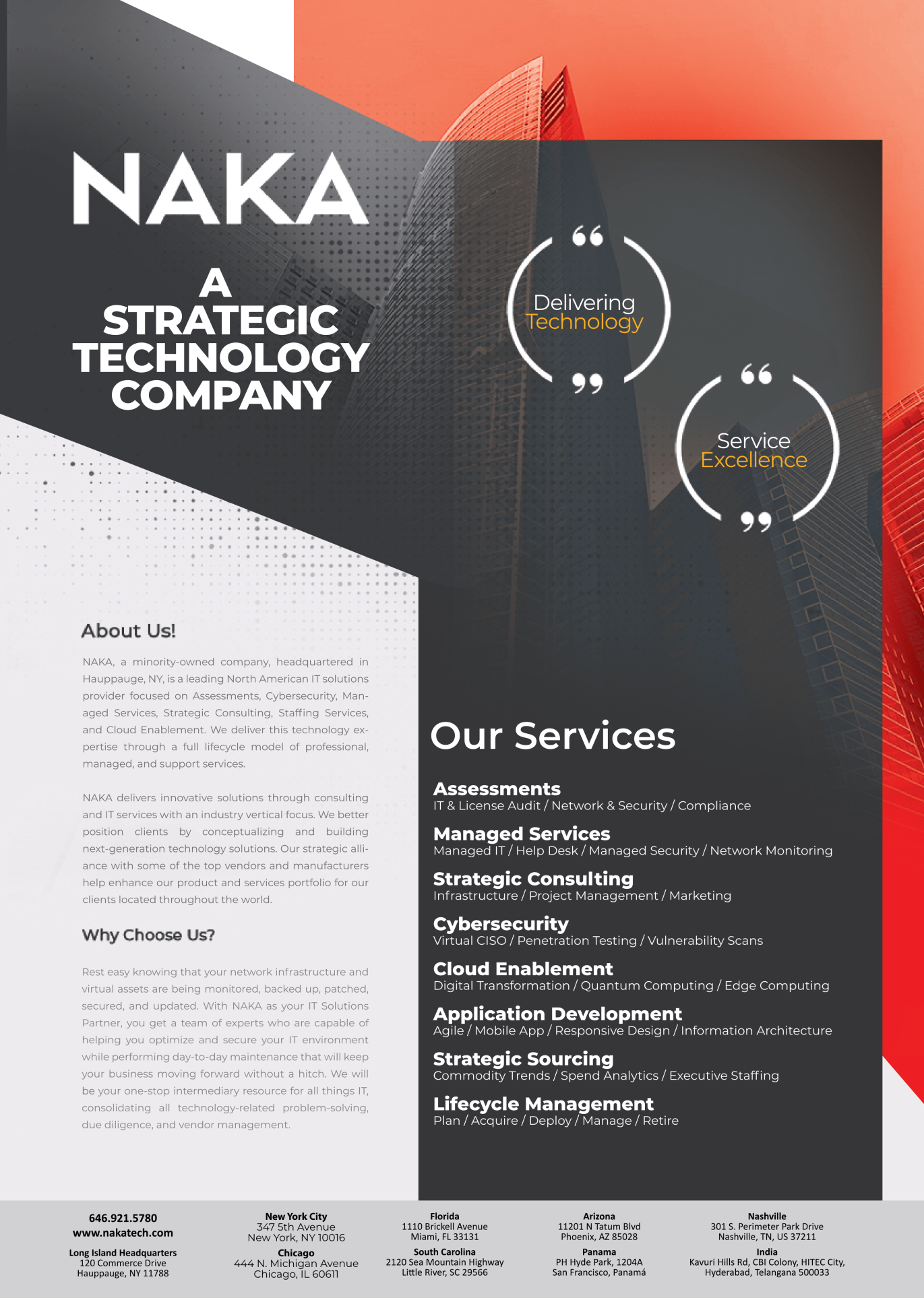Why Should Organizations Use Kubernetes?

Why Should Organizations Use Kubernetes?
In a nutshell, we can say that Kubernetes is a system for deploying applications and making use of the containerized infrastructure in a more efficient manner. Kubernetes can help the companies in cutting down the costs as less manpower is used to manage the information technology. The lifecycle management of cloud services is efficiently done by Kubernetes. There are several reasons why a company or an organization should make use of Kubernetes. Few of these reasons for choosing Kubernetes are listed below:
Why Choose Kubernetes?
- Better management through modularity
Over the years, Kubernetes has improved and now works well with a wide range of well-established cloud and for solutions on the premises. It is really easy to install and configure on your system as compared to other DevOps tools. It adopts a microservices approach in its working which is very helpful in building apps in the lifecycle management services in long island. You can easily break up your team into smaller fragments that can focus on a single service rather than managing and messing up several services at a time. The APIs used between these microservices also help in minimizing the amount of cross-team communications required in building and deploying applications.
Additionally, Kubernetes also allows your IT teams to manage large applications by maintaining details of container-based apps across several containers, thereby, helping in IT cost optimization. For instance, Kubernetes manage service delivery, helps in the interaction of containers and arranges access to storage from different providers.
- IT Cost Optimization
If you are operating lifecycle management of cloud services on a massive scale then you would definitely want to cut down your expenses and save more. Kubernetes architecture helps you to save more as it has a container-based architecture which makes the working feasible by packing together all the applications and optimally using cloud and hardware investments. Earlier, it was difficult to manage this with low costing and saving manual work and time as administrators would over-provision the infrastructure to handle sudden spikes. With the development of Kubernetes, the containers are efficiently scheduled and tightly packed with the resources available at hand, thereby, resulting in IT cost optimization. Kubernetes, automatically frees up the burden of human resources by automatically scaling up your business applications to meet the needs of your organization.
- Improved scalability and availability
The success rate of any software in a lifecycle management services in long island does not only depend upon its features, but also on the scalability it offers. Because, if an application cannot scale well, it will not be able to perform well either, and will become totally unavailable in the worst case scenario. But with Kubernetes at hand, the scenario turns out to be in your favour. As an orchestration system, the software auto-scales itself and improves the app performance. At times, we need solutions that can scale up the application and the infrastructure according to the load we put on it. A higher load on the application would require a sudden higher scalability and a lower load would require a lower scalability. Kubernetes has this exact quality to scale up or down according to the CPU usage. And when the load is reduced, it will scale back the app. The Kubernetes infrastructure metrics is available to metric resource utilization required in the lifecycle management of cloud services.
- Multi-cloud (& Hybrid Cloud) Flexibility
One of the biggest advantages of Kubernetes that attracts several clients towards itself is its hybrid and multi-cloud environment. Enterprises today want a multi-cloud environment to get their work done swiftly. Kubernetes help in the running of any application on any public cloud services or even on a combination of public and private clouds. This prevents you from falling into the trap of vendor lock-in by allowing you to put the right load on the right cloud, finally helping in IT cost optimization. Getting the right fit and the right features helps in realizing better ROI for the organizations. Kubernetes is the best long term investment for your organization when it comes to multi-cloud flexibility.
- Effective Migration to Cloud
For lifting and shifting of an application, replatforming, or refactoring, you will need an efficient software to carry out the task without any hustle. Kuberenetes is one such efficient software that covers you during these times. Since, it runs across all the environments, on-premises and even on the clouds, Kubernetes make the path of migration of ports really seamless and effortless. Rather than dealing with the complexities and variations of other migration applications, you can use Kubernetes to make your task easier and faster.
Using Kubernetes will benefit your organization in a vast prospective and will let you save big and grow more on the work front. You can optimize your applications, the way you want them to optimize, making use of Kubernetes.



